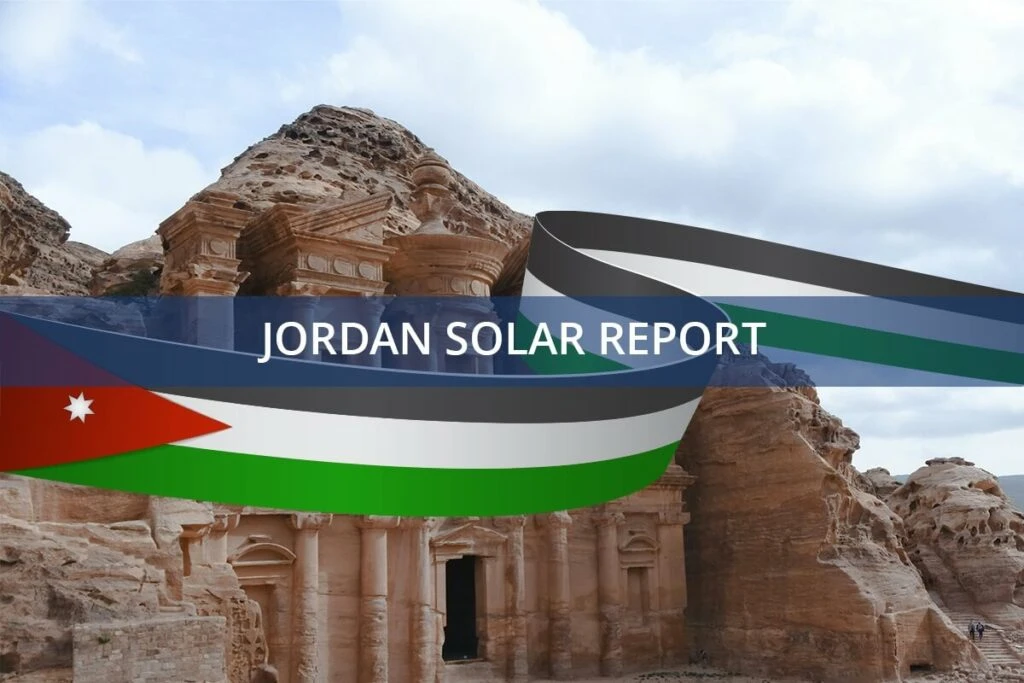Jordan Industrial Estates Company (JIEC) Launches Solar-Powered Water Harvesting Projects
The Jordan Industrial Estates Company (JIEC) is set to launch three innovative, solar-powered water harvesting projects in the Al-Hussein Bin Abdullah II, Al-Hasan, and Al-Tafila Industrial Estates. This initiative is part of JIEC’s ongoing commitment to strengthening the industrial sector while promoting sustainable development and environmentally friendly practices.
Project Scope and Capacity
According to the Jordan News Agency, the new facilities will significantly enhance water availability. The project includes reservoirs with a capacity of 20,000 cubic meters each in the Al-Hussein and Al-Hasan Industrial Estates, and a 10,000-cubic-meter reservoir in the Al-Tafila Industrial Estate.
Advanced solar-powered pumps will handle water distribution, ensuring a dependable supply for irrigation and firefighting. This uninterrupted flow is crucial for safe industrial operations and will also support agriculture in neighboring communities.
A Strategy for Sustainable Industrial Growth
These water harvesting projects are a key part of JIEC’s broader strategy to foster sustainable industrial growth. By integrating solar power, the company aims to reduce its dependence on conventional energy, which in turn lowers operational costs and minimizes environmental impact.
Hussein Al-Safadi, Director General of JIEC, emphasized the initiative’s importance.
“The water harvesting projects reflect our commitment to sustainability and our dedication to providing essential resources to the industrial estates. By using solar energy, we are reducing our environmental footprint and ensuring a steady supply of water for industrial and community use,” he said.
Supporting National Renewable Energy Goals
Adopting solar power for these projects also aligns with Jordan’s national objectives to increase renewable energy use and reduce carbon emissions. JIEC’s investment in this solar-powered infrastructure sets an important precedent, encouraging other organizations to contribute to the country’s sustainable development goals.
For more in-depth insights into Jordan’s solar energy initiatives, check out the Jordan Solar Panel Manufacturing Report | Market Analysis. Additionally, explore ongoing developments in Jordan’s renewable energy sector in the Jordan Solar News Archives.



